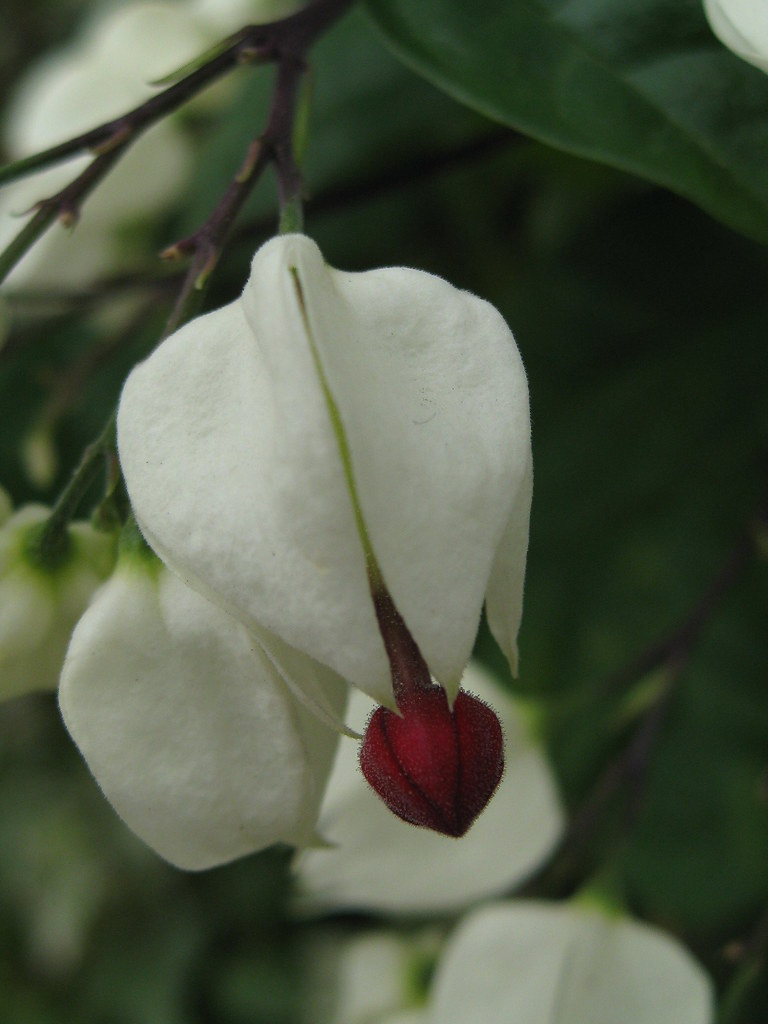#Verbenaceae
Explore tagged Tumblr posts
Text

Dryas iulia on Aloysia virgata / Julia Heliconian on Sweet Almond Bush at the Peace River Botanical & Sculpture Gardens in Punta Gorda, FL
#Dryas iulia#Dryas#Nymphalidae#Aloysia virgata#Aloysia#Verbenaceae#Julia Heliconian#Julia butterfly#Flame#Flambeau#Sweet Almond Bush#Sweet Almond Verbena#butterflies#Native insects#Native pollinators#Insects#Pollinators#Plants#Foliage#Nature photography#photography#photographers on tumblr#Peace River Botanical & Sculpture Gardens#Peace River#Punta Gorda#Punta Gorda FL#Florida#🌺🌻
15 notes
·
View notes
Photo
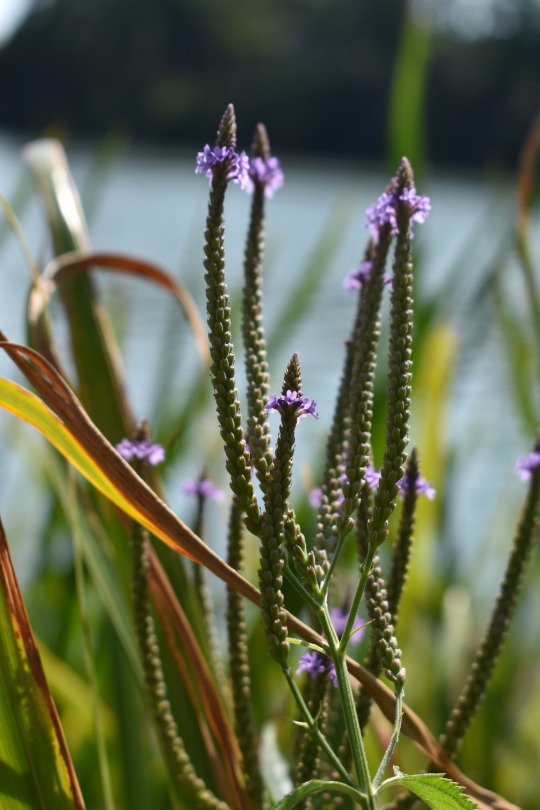
Blue Vervain Verbena hastata Verbenaceae
Photograph taken on August 28, 2022, at High Park, Toronto, Ontario, Canada.
#wildflowers of southern ontario#Blue Vervain#vervain#purple#Verbena hastata#Verbena#Verbenaceae#High Park#Ontario#Toronto#Canada#wildflowers#wildflower#flowers#nature#flora
67 notes
·
View notes
Text
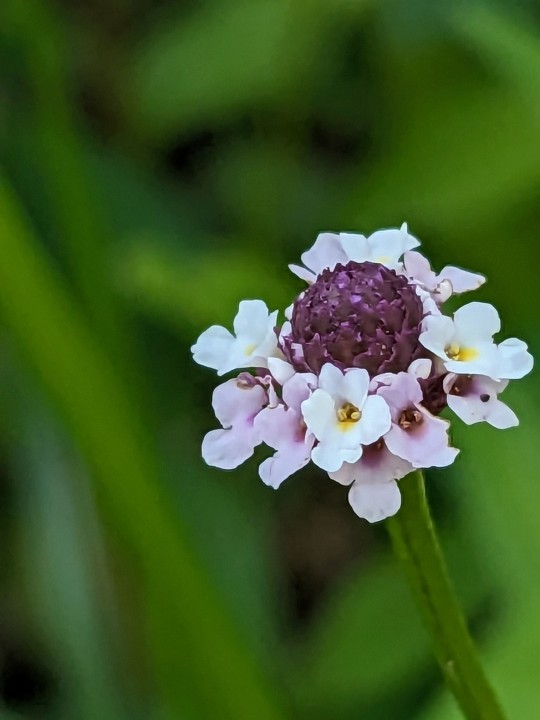
Lanceleaf Frogfruit
Phyla lanceolata
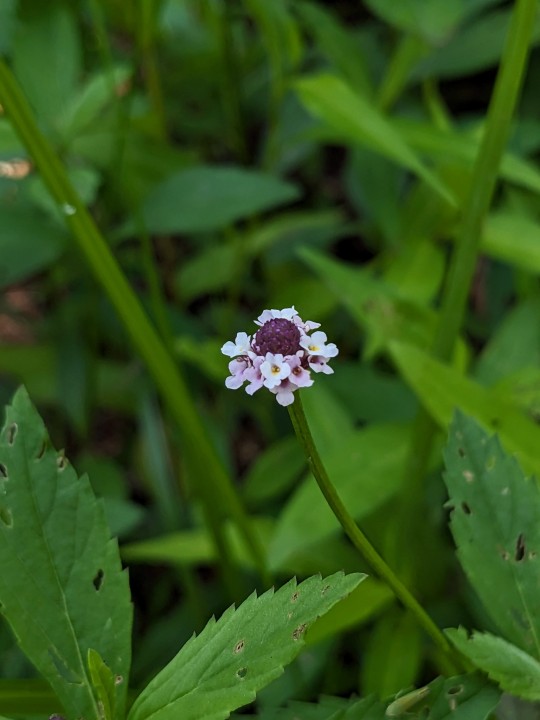
This perennial species in the verbena family is native to much of the United States and Mexico. It's usually found growing in disturbed wetlands, ditches, or yards and provides nectar for many beneficial insects when it blooms during summer.
The plant pictured was in disturbed bottomland woods near Butler Lake and the Meramec River in southern St. Louis County, Missouri, USA
June 20th, 2023
Olivia R. Myers
@oliviarosaline
#botany#Phyla lanceolata#phyla#Frogfruit#lanceleaf frogfruit#verbena#Verbenaceae#vervain#Lantaneae#nature#woods#naturecore#fairycore#the ozarks#ozarks#missouri#plants#flowers#tiny flowers#wetlands#Missouri nature#forest floor#exploring the woods#flower photography#nature photography#plant photography#nature appreciation#ecology#lantana#flowercore
31 notes
·
View notes
Text

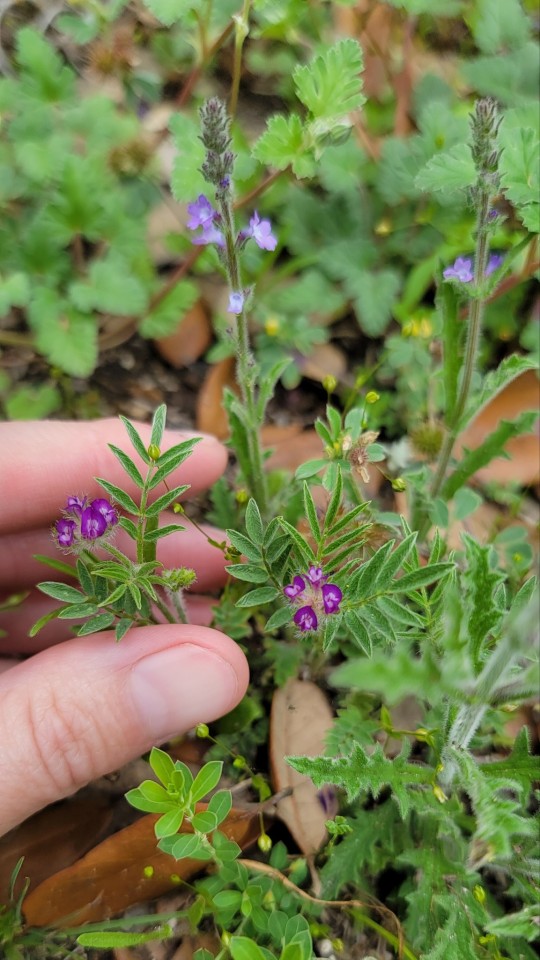
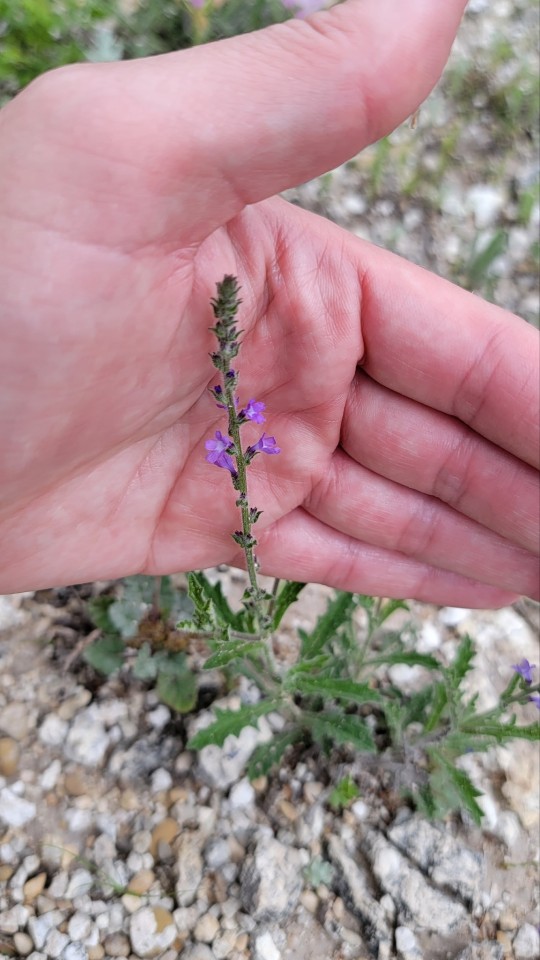
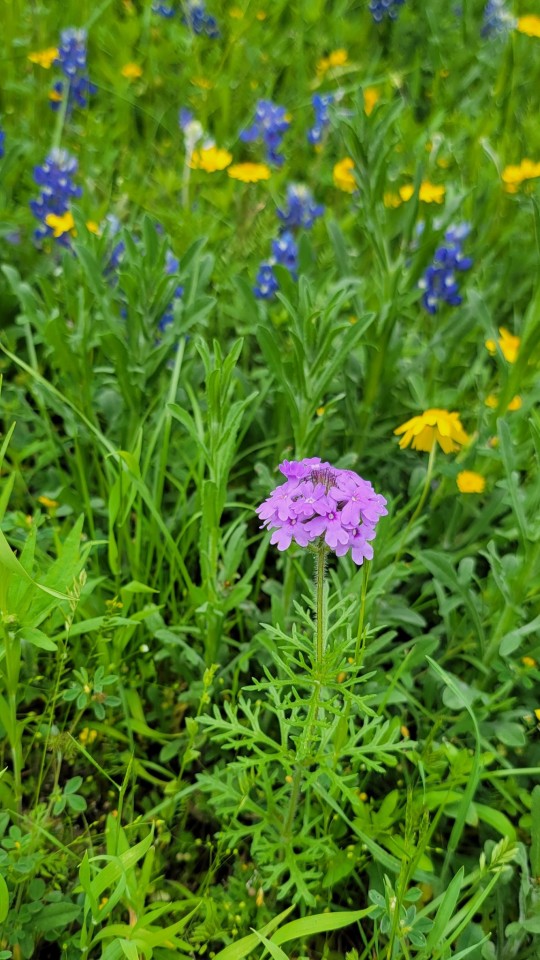

Purple part 6: Small-flowered milkvetch (Astragalus nuttallianus), gray vervain (Verbena canescens), prairie verbena (Glandularia tenuisecta) and false dayflower (Tinantia anomala).
18 notes
·
View notes
Text
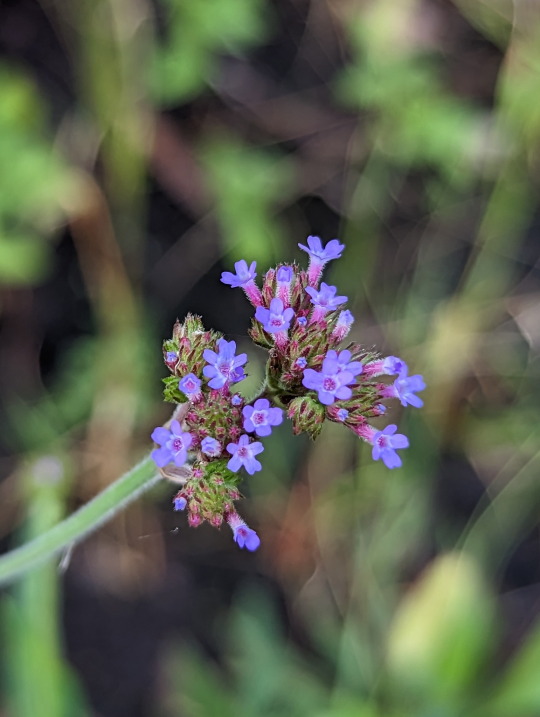
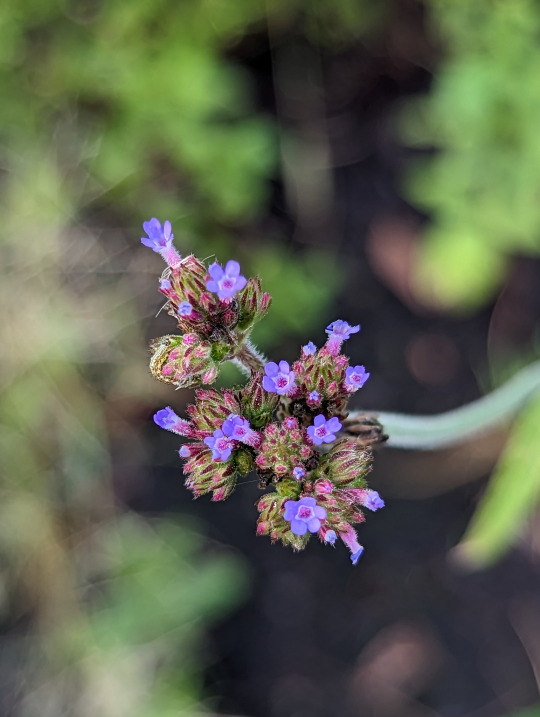
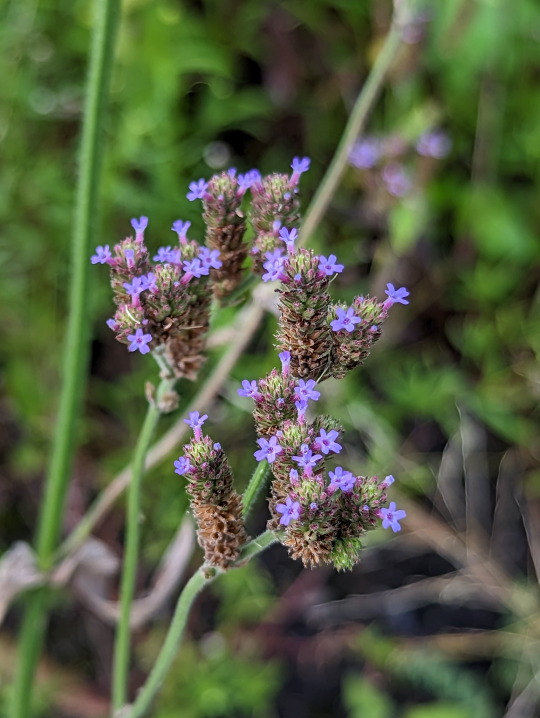


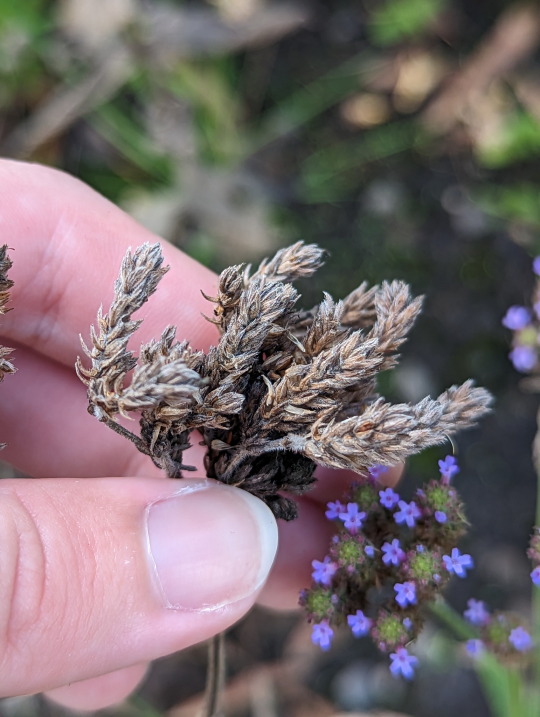
More Vervain
Verbena bonariensis
24/03/23 - NSW, Dapto
#Verbena#unidentified#Verbenaceae#Lamiales#Magnoliopsida#dicots#Angiospermae#flowering plants#angiosperms#Tracheophyta#Vascular Plants#Plantae#plants#botany#flowers
24 notes
·
View notes
Text
#2170 - Verbena bonariensis - Purpletop


'Sacred Bough from Buenos Aires'. The common name for the genus, vervain, comes from the Celtic name, ‘ferfain'. AKA purpletop vervain, clustertop vervain, Argentinian vervain, tall verbena or pretty verbena. Synonyms include Verbena bonariensis f. albiflora, Verbena bonariensis var. conglomerata , Verbena bonariensis var. longibracteata, Verbena bonariensis f. robustior, Verbena elongata, Verbena inamoena, Verbena intercedens, and Verbena trichotoma. Originally described by Linnaeus.
Another escaped ornamental, originating in the tropics of South America. Potentially an invasive species and noxious weed in favorable habitats, because it self-seeds at the drop of a hat. Already naturalized in a number of southern United States and Hawaii, tropical and southern Africa, temperate Asia, Australia, New Zealand, the Azores and Madeira archipelagos, the Canary Islands, Cape Verde, the West Indies, and the Mascarene Islands. Also on the invasive species watchlist for Washington state, and already considered a weed in Fiji, New Guinea and other South Pacific islands.
Vervains have a pretty crowded historical use in European religious ritual and folklore. Pliny the Elder, for example, notes that Verbena was used on the alters of Jupiter, and that
"the Magi especially make the maddest statements about the plant: that [among other things] a circle must be drawn with iron round the plant".
In a number of Central and Eastern European languages that association wth iron is rettained in the common name - for example the Dutch IJzerhard ("iron-hard"), German Echtes Eisenkraut ("true ironherb"), and Hungarian vasfű ("iron grass"). Early Christian folklore stated that V. officinalis was used to staunch Jesus' wounds and the plant was consequently called "holy herb" or "Devil's bane".
Marrambidya Wetlands, Wagga Wagga, NSW
1 note
·
View note
Text
प्रियंगु I Callicarpa_macrophylla I Verbenaceae Analgesic Antipyretic Antitumor Diabetes Leucorrhoea
Safer-Effective-Better-Remedy
#प्रियंगु #Callicarpa_macrophylla #Verbenaceae #Analgesic #Antipyretic #Antitumor #Diabetes #Leucorrhoea #organic #fertilizer #nitrogen #CVDs #inflmmation #gastric_disturbances #hemorrhage #pitta_disorders #phosphorus #skincare #antiaging #antiwrinkle #biomedicine #diabetes #beta-carotene #soap ##healthylifestyle #money #flavonoids #antioxidants #aminoe_acids #proteins #diy #healthylifestyle…
youtube
View On WordPress
#Antitumor#Ayurveda#Callicarpa_macrophylla#diabetes#Herbal#Leucorrhoea#Medicinal plants#One health concept#Remedies#Unani#Verbenaceae#Youtube
0 notes
Text
Stir-fried Smell tree (cooking)

The leaves of Kusagi (Smell tree) in the garden are collected and boiled in plant ash. Leave it for half a day and fry it with sesame oil, sugar and soy sauce. Japanese pepper seasoning. Although it is bitter, it is said that it has been used as food in Zen temples since long ago. It used to belong to the Verbenaceae family, but now belongs to the Labiatae family. (APG classification system) It is highly fertile and breeds disgustingly well. Since it can be taken in large quantities, it is effective as emergency food.
This time, stir-fried with yellow melon.
クサギの炒め物(料理)
庭のKusaki(Smell tree)の葉を採取して、草木灰で煮る。半日置いて、ごま油、砂糖、醤油で炒め物にする。苦いけど、むかしから禅の寺では食糧にしていたという。もとクマツヅラ科だったが、今ではシソ科とされている。(APG分類体系)繁殖力旺盛で、憎たらしいくらいに良く繁殖する。量が取れるので、救荒食糧として有効ということだ。
今回は、黄色瓜と炒めたもの。
(2023.06.17)
Rei Morishita
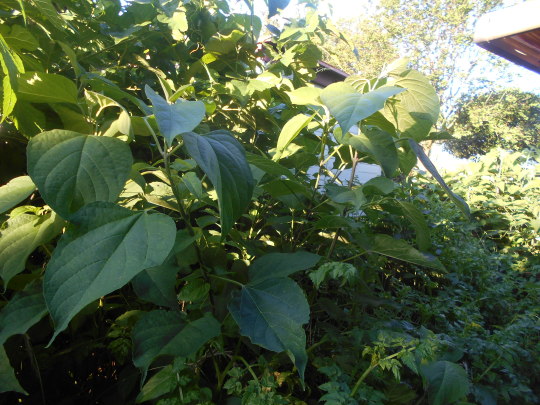
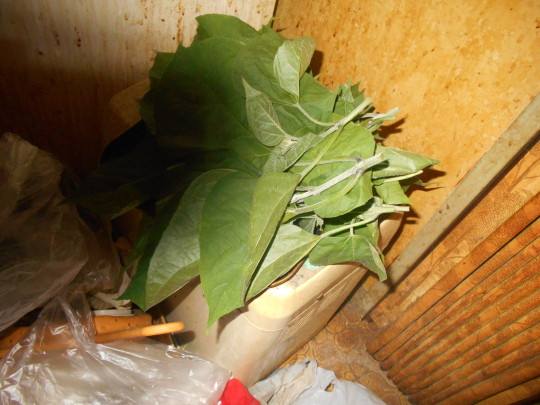

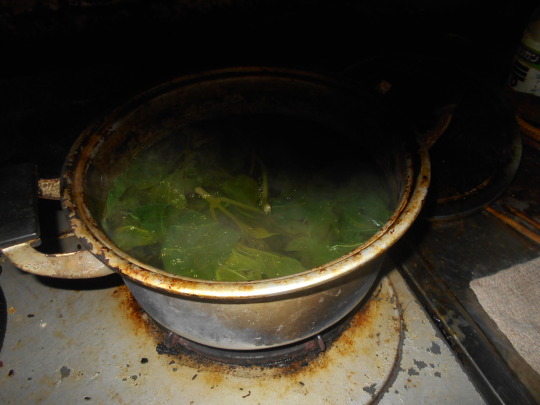

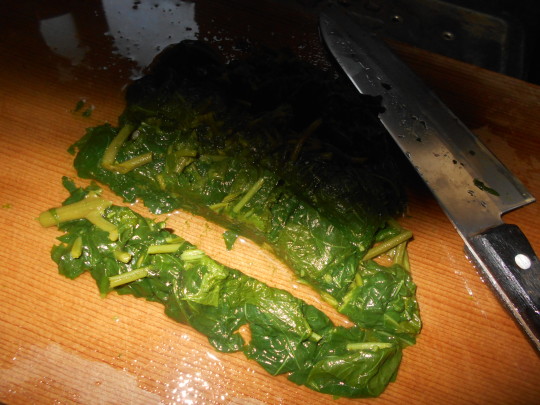

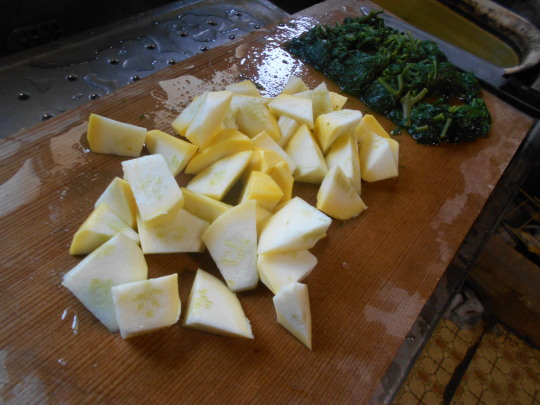
1 note
·
View note
Text
Important OC announcement
Rowan's surname has been changed from Verbenaceae to Lantana
#pulim's rambles#this changes nothing in the story itself but will make it easier for Fern to call him by his last name#(seriously Verbenaceae was literally the longest surname in the cast lmao it suuuuuucked)
7 notes
·
View notes
Text
FOGGY GLASSES AND CORRODED COPPER PROFILES






#pulim's art#digital art#artists on tumblr#fgcc#foggy glasses and corroded copper#Mist Argentum#Rowan Verbenaceae#Dew Botanyuki#spark stratunimbus#fern penumbrae#Octavia Meringue
7 notes
·
View notes
Text

Duranta erecta / Skyflower at the Sarah P. Duke Gardens at Duke University in Durham, NC
#Duranta erecta#Duranta#Verbenaceae#Skyflower#Golden dewdrop#Pigeon berry#Plants#Flowers#Nature photography#photography#photographers on tumblr#Sarah P. Duke Gardens#Duke Gardens#Duke University#Durham#Durham NC#north carolina#🌺🌻
11 notes
·
View notes
Text
Boa Semente de Planta Nasce Rápido
Boa Semente de Planta Nasce Rápido. Agora, as sementes do Cerrado são bem difíceis. Esta, entretanto, é uma exceção. Informações Botânicas Estou falando da Lippia Lupulina, da Família Verbenaceae, que contém “36 gêneros e cerca de 1.000 espécies de distribuição pantropical, sendo que no Brasil ocorrem 17 gêneros e 250 espécies”. Então, esta Família tem muitas plantas com propriedades…

View On WordPress
#boa#Boa Semente de Planta Nasce Rápido#Família Verbenaceae#lippia lupulina planta#nasce#planta#plantas medicinais#rápido#semente#sementes
0 notes
Text
Moth of the Week
African Death’s-Head Hawkmoth
Acherontia atropos
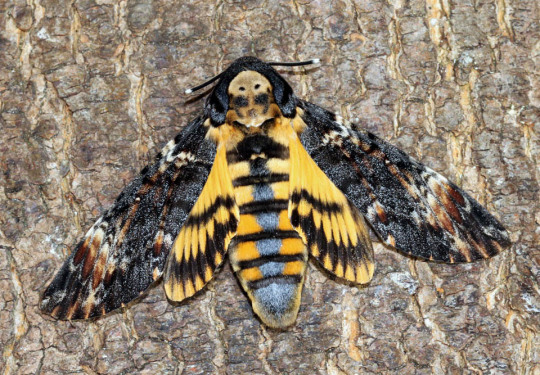
The African death's-head hawkmoth is part of the family Sphingidae and is the most widely recognized of the three species of Death’s-Head Hawkmoth. The species was described in 1758 by Carl Linnaeus. Its common name comes from the skull shape on the back of its thorax. It’s binomial name comes from the river Acheron in Greece, which was believed to lead to the Underworld, and the Greek goddess Atropos respectively.
Description The forewings are black/brown with mottled shades of brown while the hindwings are buff orange with two black/brown stripes that curve with the edge of the hindwing. The head and thorax are the same black/brown color as the forewings interrupted by the brown skull on the back of the thorax. The abdomen is the same buff color as the hindwings with similar stripes of the same color. There is also a single stripe down the center of the abdomen called the “dorsal stripe.”
Average Wingspan: 13 cm (5 in)
Females are large than males with a rounded abdomen tip and larger, thicker antennae
Males have a pointed abdomen tip
Diet and Habitat Larva of this species mainly eat the leaves of potato plants which have alkaloids. The larva accumulate these toxins to become unpalatable to predators. Adults eat the nectar of flowers and stolen honey from the beehives of the Western Honey Bee. They are able to mimic the scent of bees and steal the honey undetected. They use their proboscis, a tube used to drink nectar and honey, to break the honey comb.
Their ranges stretches from the Middle East, as far south as the southern tip of Africa, as far north as southern Great Britain, as far east as India and western Saudi Arabia, and as far west as the Canary Islands and Azores. It is known to move into western Eurasia, but a majority do not survive the winter.
Mating This moth has multiple generations per year. In Africa, the broods are continuous. In the northern range, the larva overwinter in the pupal stage. Eggs are laid singly on the underside of species in mainly Solanaceae but also Physalis, Verbenaceae, Cannabaceae, Oleaceae, Pedaliaceae and others.
Predators This moth can emit a special squeak noise by sucking in air to vibrate a flap in its mouth and throat. The purpose of this squeak is unclear, but the two hypotheses are it is to scare away predators or to mimic the sound of a queen bee makes for the workers to stop moving to easier raid beehives for honey. They are also immune to bee venom and can mimic the scent of bees.
Fun Fact This moth has appeared many times in pop culture as symbols of death and evil:
It appeared in The Hireling Shepherd, Bram Stoker's Dracula, Un Chien Andalou, the promotional marquee posters for The Silence of the Lambs, in the music video to Massive Attack's single, "Butterfly Caught,” and on the American edition's cover of José Saramago's novel Death with Interruptions.
It is mentioned in Susan Hill's Gothic horror novel I'm the King of the Castle and John Keats’s "Ode to Melancholy.”
It is referred to in The Mothman Prophecies.
Finally, the moth is used as a calling card by the serial killer Buffalo Bill. However, in the movie script they are referred to under a different species of death’s-head hawkmoths.
(Source: Wikipedia, Simple English Wikipedia)
#libraryofmoths#animals#bugs#facts#insects#moth#mothoftheweek#lepidoptera#Sphingidae#African death’s-head hawkmoth#Acherontia atropos
169 notes
·
View notes
Text

LANTANA
#Lantana#flowers#garden#pink#yellow#Barcelona#catalonia#depth#photography#fineart#pixelart#tomirovira#imiging
8 notes
·
View notes
Text


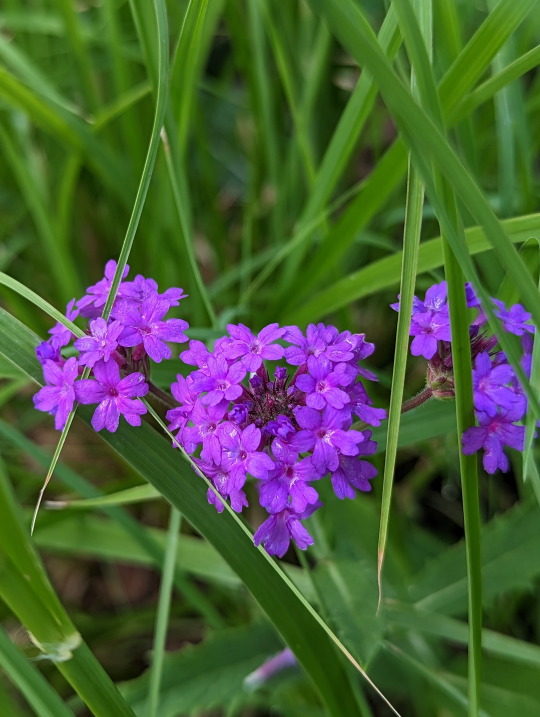
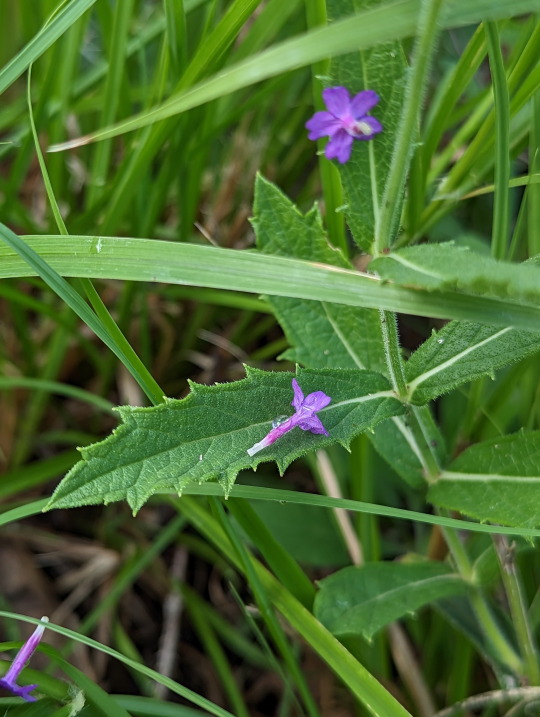
Vervain
Unidentified, genus Verbena
24/03/23 - NSW, Dapto
#Verbena#unidentified#Vervain#Lamiales#Magnoliopsida#dicots#Verbenaceae#Angiospermae#angiosperms#Flowering Plants#Tracheophyta#Vascular Plants#Plantae#plants#botany#flowers
12 notes
·
View notes
